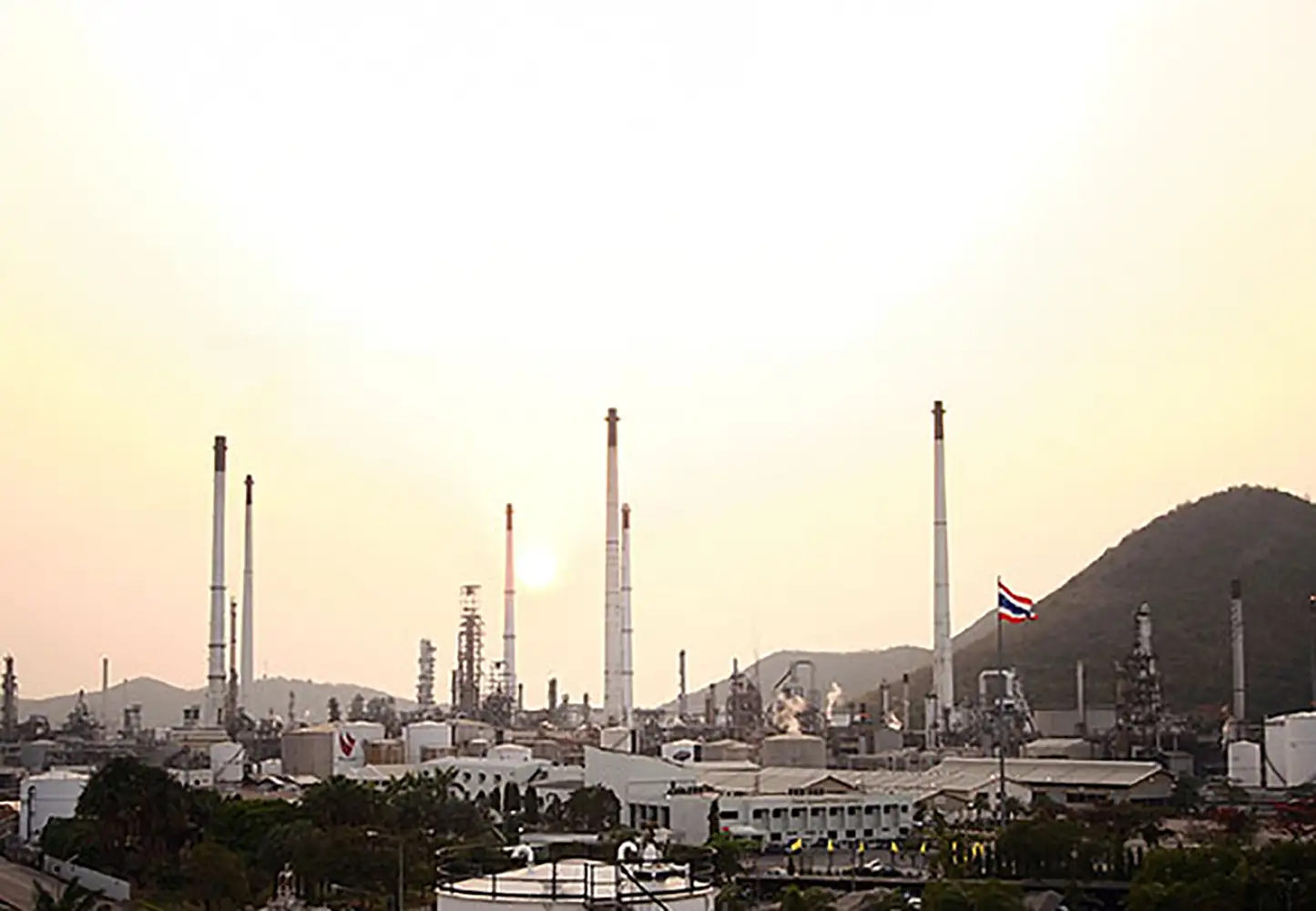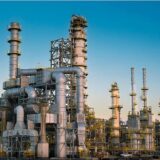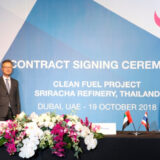
Thai Oil aims to resolve delays in Clean Fuel Project by 2025
Thai Oil Public Company Limited (Thai Oil) aims to resolve delays in its Clean Fuel Project (CFP) at its refinery in Sri Racha, Chonburi, Thailand, by early 2025. The project, intended to modernise and expand refining capabilities, has faced disruptions due to subcontractor payment issues and contractual disputes. The project has faced severe delays, with 28 subcontractors reportedly unpaid for more than eight months, forcing an indefinite suspension of construction.
The project, launched in 2018, was intended to convert fuel oil into diesel and aviation fuel, promising increased refining capacity and a significant reduction in oil refining costs, with an approved investment of approximately USD4.8 billion. The CFP aims to enhance the Sriracha refinery’s crude oil processing capacity from 275,000 barrels per day (bpd) to 400,000 bpd. The project was expected to be completed in 2023.
The project was awarded to UJV, a joint venture comprising Samsung E&C (Thailand), Petrofac South East Asia, and Saipem Singapore.
A consumer advocacy network has called on the Department of Special Investigation (DSI) and the Securities and Exchange Commission (SEC) to investigate Thai Oil and its executives. The complaint, submitted by network representative Chatchanai Panphet, alleged potential violations of the Securities and Exchange Act and other laws by Thai Oil, a subsidiary of PTT Plc.
Chief Executive Officer and President of Thai Oil, Bandhit Thamprajamchit, said that the company is working to address the delays caused by UJV. More than 90% of the project is complete, he said, with the remaining stages requiring an additional investment of approximately THB10–20 billion (USD289-579 million). Thai Oil is considering two options to move forward: negotiating with UJV to continue the project or terminating the contract and appointing a new contractor.
The Clean Fuel Project is critical to Thai Oil’s strategy to enhance production capacity, a 40% increase from its current capacity. Additionally, the project is expected to improve refining margins from USD5 to 10 per barrel by converting low-value fuel oil into high-value diesel and jet fuel.
The development is also poised to significantly increase Thai Oil’s export ratio to CLMV countries (Cambodia, Laos, Myanmar, Vietnam), from 11% to 40%, strengthening its position in regional and global markets.
The board is set to review solutions by early next year to ensure timely project completion and address stakeholders’ concerns, including shareholders and subcontractors.












